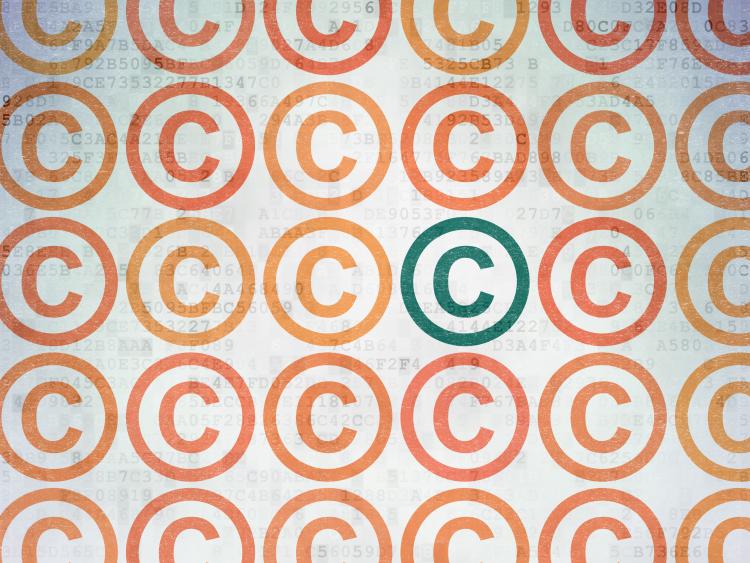
The US Copyright Office (the Office) has announced the initiation of a public study to determine the extent to which copyright owners are experiencing infringement by states without adequate remedies under state law. The Federal Register notice regarding the study indicates that the Office will also be assessing the extent to which such infringements appear to be based on intentional or reckless conduct.
The study was requested by Congress in response to the Supreme Court’s ruling in Allen et al. v Cooper, et al. 589 U.S. (2020), as previously reported by the E-TIPS® Newsletter here. In Allen, the Court held that the provisions of the Copyright Act subjecting states to liability for infringement did not validly abrogate states’ sovereign immunity from suit. As a result, copyright owners suffering infringement by state entities cannot seek the remedies provided by the Copyright Act.
The Court also considered the Copyright Remedy Clarification Act of 1990 (CRCA), which provided that States shall not be immune to copyright infringement on the basis of sovereign immunity or any other doctrine. The CRCA was invalidated based in part on the lack of evidence in the legislative record that states had intentionally infringed copyrights and had not provided adequate remedies under state law.
While abrogating the CRCA, the Court did provide a blueprint for enacting valid legislation that would abrogate State immunity from copyright infringement actions. Such legislation must link the scope of its abrogation to the redress or prevention of unconstitutional injuries—and of creating a legislative record to back up that connection. The Office’s study is a step forward in creating such a legislative record.
The Office requested public input in the form of written comments on or before August 3, 2020 to assist the Office in preparing a report to Congress on the study.
Summary By: Matt Frontini
E-TIPS® ISSUE
Disclaimer: This Newsletter is intended to provide readers with general information on legal developments in the areas of e-commerce, information technology and intellectual property. It is not intended to be a complete statement of the law, nor is it intended to provide legal advice. No person should act or rely upon the information contained in this newsletter without seeking legal advice.
E-TIPS is a registered trade-mark of Deeth Williams Wall LLP.
